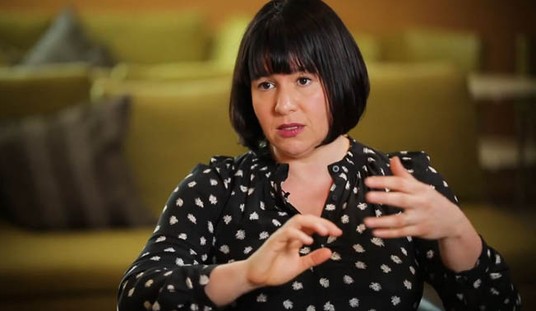Perhaps there is something to the presumed wisdom of crowds. An April NBC News poll found that, while the American public was hopeful that a framework nuclear deal with Iran might prevent a conflict over the Islamic Republic’s atomic weapons program, 68 percent believed that Iran could not be trusted to abide by the terms reached in Lausanne.
The reason why most Americans don’t believe the Iranian government can be trusted is simple: The mullahs in Tehran are not honest brokers.
The latest evidence of Iranian duplicity was identified this week by British investigators who notified the United Nations that they are monitoring an active attempt by Iran to procure nuclear materials.
“The existence of such a network could add to Western concerns over whether Tehran can be trusted to adhere to a nuclear deal due by June 30 in which it would agree to restrict sensitive nuclear work in exchange for sanctions relief,” Reuters reported.
“The UK government informed the Panel on 20 April 2015 that it ‘is aware of an active Iranian nuclear procurement network which has been associated with Iran’s Centrifuge Technology Company (TESA) and Kalay Electric Company (KEC)’,” the Panel of Experts said in its annual report. The panel monitors Iran’s compliance with the U.N. sanctions regime.
KEC is under U.N. Security Council sanctions while TESA is under U.S. and European Union sanctions due to their suspected links to banned Iranian nuclear activities.
Because the P5+1 did not appear to ascribe much value to the mechanisms that would verify Iran was abiding by the terms of a framework agreement, many predicted that the Islamic Republic’s would soon begin to cheat on the agreement.
“Trusting Iran is the surest path to a bad deal,” Foundation for the Defense of Democracies senior fellow Emanuele Ottolenghi asserted in February.
“The history of Iran’s nuclear and missile programs—so full of inconsistencies, prevarications, concealments and outright lies—makes it hard to escape the conclusion that Iran’s claim to be pursuing nuclear power for peaceful purposes is disingenuous,” he noted. “That is why only draconian restrictions—enforced through intrusive verification and unrestricted inspections over decades—can offer guarantees that Tehran will not try to cheat again.”
But the framework deal did not include “intrusive verification” methods or “unrestricted inspections.” Nor did it require Iran to submit to “draconian restrictions” on its ability to enrich uranium. Iran was not even compelled to dismantle its existing enrichment capabilities.
Iran’s mendacity in regards to its nuclear program is well-documented, rendering the fact that the P5+1 failed to negotiate a robust verification regime inexcusable. “In the past year alone Iran has violated its international agreements at least three times,” The Weekly Standard’s Michael Makovsky wrote.
First, even though the interim Joint Plan of Action (JPOA) prohibited Iran from enriching uranium in any centrifuges that were not in use at the time the deal went into effect in January 2014, last November the IAEA caught Iran operating a new centrifuge—worse still, it was an advanced IR-5 model. Second, the JPOA required Iran to process any low-enriched uranium it produced during the deal’s term from the gaseous form used for enrichment into a solid that can be used as reactor fuel, so that it would not be readily available for further enrichment and potential breakout. As of February 2015, Iran had an excess of some 300 kilograms of low-enriched uranium, in violation of the deal’s terms. Third, in parallel to the JPOA, the IAEA and Iran signed a Framework for Cooperation under which Iran agreed to answer outstanding IAEA concerns about the possible military dimensions of its nuclear program. Iran answered only one question to the IAEA’s satisfaction and, for the past six months, has been stonewalling on the rest. This recent record of cheating, while Iran was negotiating a comprehensive arrangement and thus incentivized to be good, bodes poorly for the future under a new accord.
Administration supporters have accused Sen. Marco Rubio (R-FL) and other Republicans of attempting to scuttle this deal by adding riders to it that are otherwise unrelated to Iran’s nuclear program. Even Republicans like Sen. Lindsey Graham (R-SC) are wary of a proposed amendment that would compel Iran to recognize Israel’s right to exist, a nonstarter to which Tehran would never agree. While this suspect deal should be scuttled by any and all means , Rubio’s political maneuver will not achieve that desirable outcome.
Barack Obama has repeatedly said that a no deal would be preferable to a bad one. It’s plain today that he didn’t mean a word of it.








Join the conversation as a VIP Member